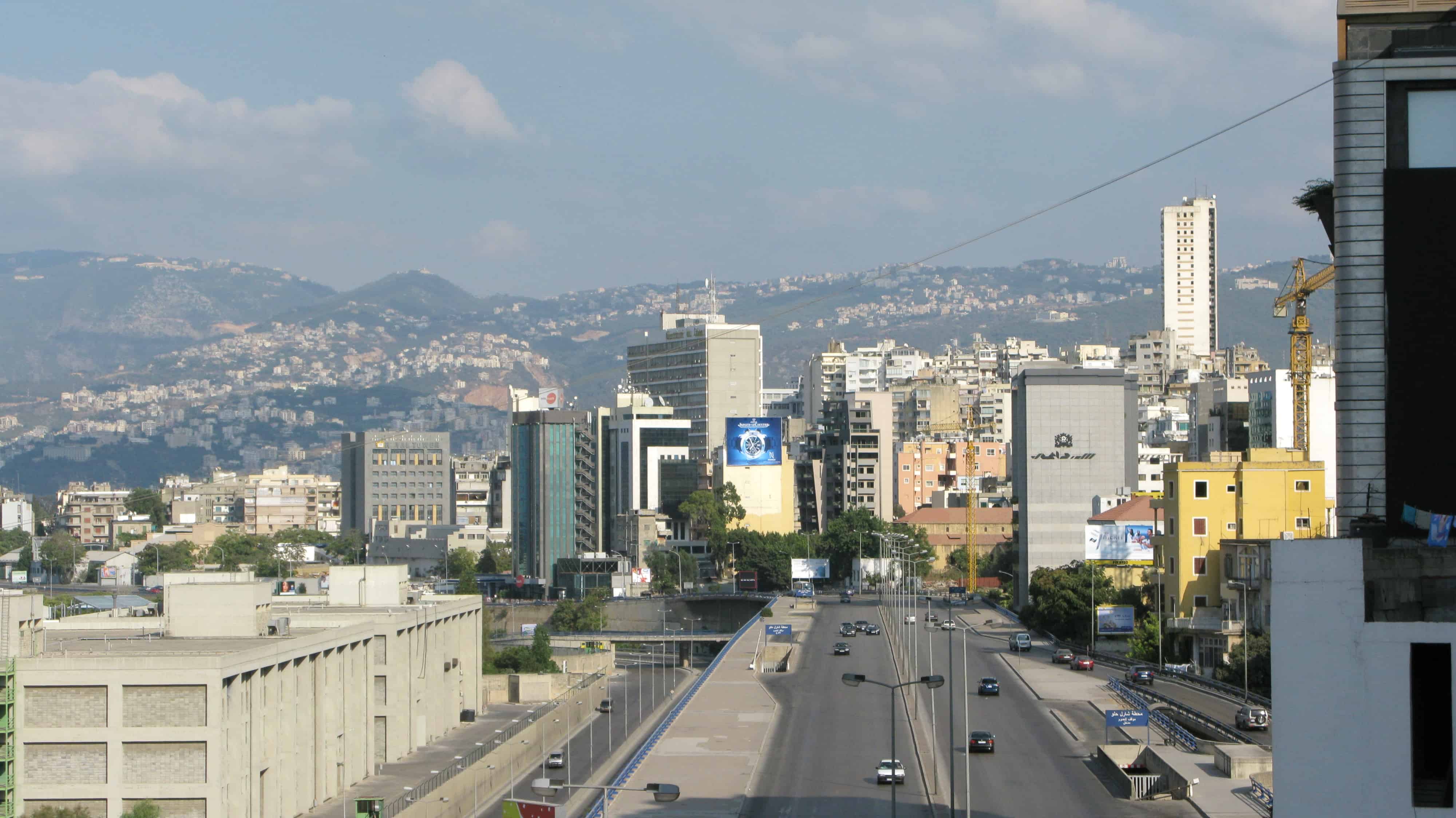Amid ongoing talks on a new aid program, the IMF is examining data from Lebanon’s government on the scope of financial sector losses, estimated at about $69 billion, a fund spokesman said on Thursday, December 16.
“I’d say there’s been considerable progress in identifying financial sector losses,” IMF spokesman Gerry Rice told reporters in reference to the information submitted this week by Beirut.
Disagreements over the size of the losses between Lebanon’s government, central bank, and banking sector contributed to the collapse last year of negotiations with the fund over a new loan program, which is seen as essential to the country’s efforts to emerge from a severe economic slump.
Deputy Prime Minister Saade Chami told AFP that officials have agreed that financial sector losses amount to “around $69 billion,” though he described that as an estimate that could change.
Rice said the Washington-based crisis lender is “now assessing the government’s announced figures, and we’ll continue our discussions with the authorities in the context of the engagement.”
An IMF team will travel to Beirut early next year to continue the discussions, he said.
After defaulting on its debt in March 2020 for the first time in history, the heavily-indebted nation approved a reform plan and launched talks with the IMF.
The nation has faced soaring inflation and the steep decline of its currency.
An IMF delegation last week visited the country, and “had discussions with the authorities on the formulation of a comprehensive reform strategy,” Rice said.
The IMF believes Lebanon will have to carry out fundamental reforms to absorb the financial losses and also restore confidence in its government, and promote investment.

